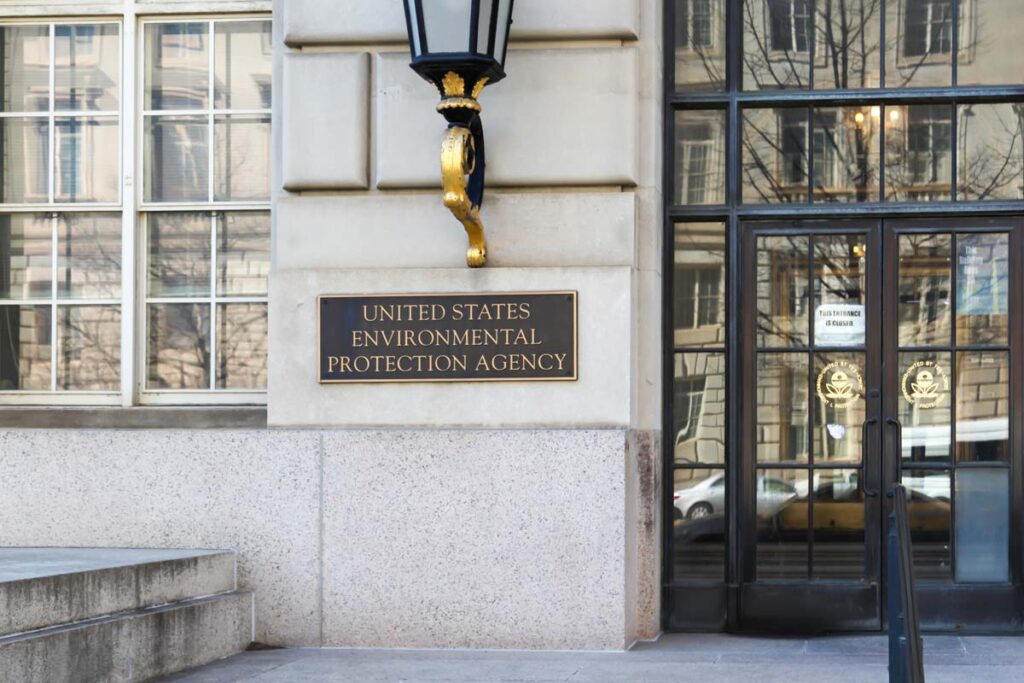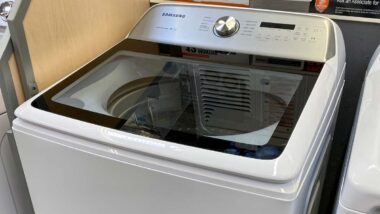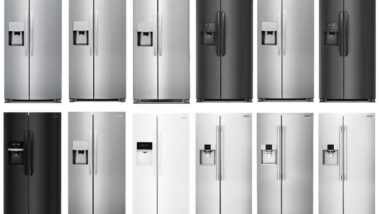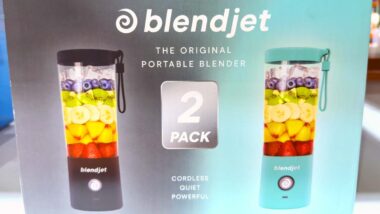
EPA hydrocarbon restriction overview:
- Who: The U.S. Environmental Protection Agency has finalized another hydrocarbon restriction and has proposed a new regulation of the climate super-pollutant.
- Why: The EPA rule is part of the Biden Administration’s efforts to reduce HFCs and other climate super-pollutants.
- Where: The EPA hydrocarbon restriction affects certain manufacturers and importers of air conditioning, heating, and refrigeration products in the United States.
On Oct. 6, the U.S. Environmental Protection Agency finalized another hydrocarbon restriction, banning hydrofluorocarbons (HFCs) in air conditioning, heating, and refrigeration products if more environmentally friendly alternatives are available, Law360 reports.
The final EPA rule, called the Technology Transitions Rule, restricts the use of HFCs with high global warming potential in the air conditioning, heating, and refrigeration sectors. Manufacturers and importers must switch to alternatives between January 2025 and January 2028, the EPA hydrocarbons rule says.
A proposed EPA rule, called the Emissions Reduction and Reclamation Rule, would regulate the use of automatic leak detection, the repair of leaks in some types of appliances, the use of recycled HFCs in equipment used for fire suppression, among other regulations.
EPA rules part of Biden administration’s effort to reduce HFCs
The EPA hydrocarbons restrictions are part of the Biden administration’s attempt to reduce HFCs and other climate super-pollutants. In September 2022, the United States ratified the Kigali Amendment to the Montreal Protocol, signaling the country’s commitment to reducing emissions from HFCs used in certain products.
“President [Joe] Biden delivered bipartisan ratification of the first environmental treaty in decades, positioning the United States to lead on innovating and manufacturing alternatives to super-polluting HFCs,” said White House national climate adviser Ali Zaidi.
“Now, we are building on that progress with ambitious new action from EPA and continued collaboration across federal agencies to combat climate-damaging HFCs while creating good-paying jobs and boosting American competitiveness.”
The 2020 American Innovation and Manufacturing Act reportedly authorizes the EPA to reduce the production and consumption of HFCs and assist with the transition to new technologies by imposing sector-based restrictions.
Over the summer, the EPA issued a final rule to reduce HFCs by 40% below historic baseline levels. The agency has also cracked down on illegal HFC imports, imposing fines of nearly $1 million on three companies that allegedly failed to properly report the substances.
What do you think about the EPA hydrocarbons restriction? Tell us about it in the comments.
Don’t Miss Out!
Check out our list of Class Action Lawsuits and Class Action Settlements you may qualify to join!
Read About More Class Action Lawsuits & Class Action Settlements:
- OH sens. seek public health emergency declaration in East Palestine to prompt Medicare coverage
- Texas moves Rio Grande barrier back to U.S. waters
- California files lawsuit against oil companies over fossil fuels deception
- Veterans and their families can take legal action for Camp Lejeune tainted water exposure















One thought on EPA finalizes rule restricting hydrocarbons in refrigeration, air conditioning, heating products
Please add me